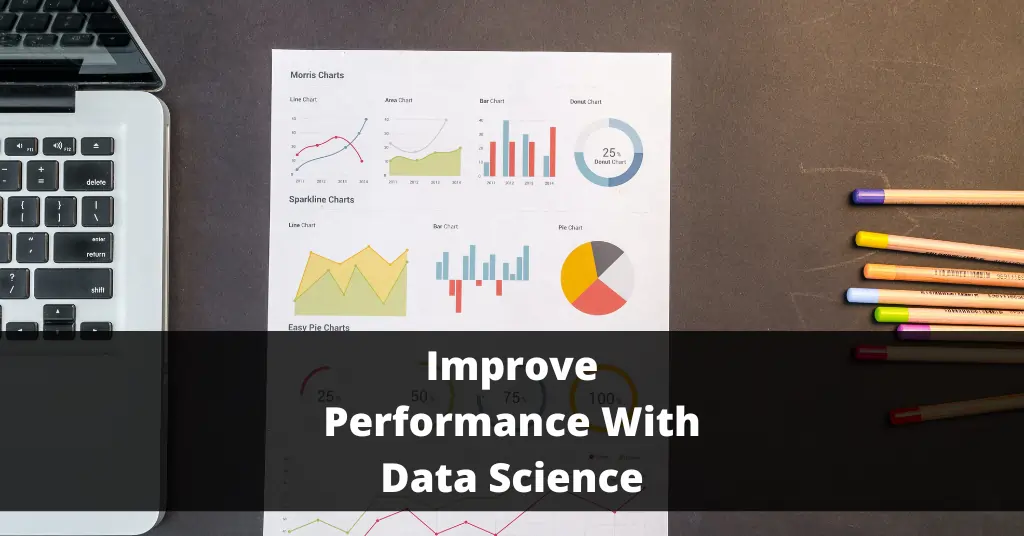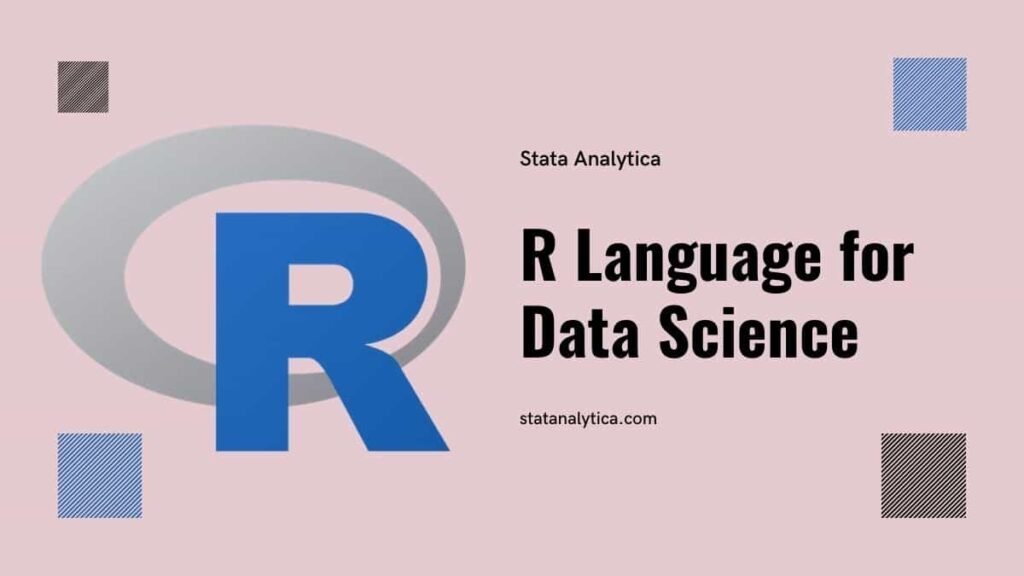Data science in education is a growing and prospective field of work that allows you to employ techniques and strategies to aid your students’ progress along the way of their educational journey. There are many innovations that occur in this niche, and many problems in schools can be solved through data science.
There are numerous amounts of educational data science types
in schools but in institutions of higher education, too. Such are not only grades and results, but also records, interests, etc. Those can be utilized in order to personalize the learning for every student and help them grow academically and personally.
Uses of Data Science in Education
Table of Contents
Modern education data science allows for the usage of numerous techniques, algorithms, and other applications of theoretical knowledge into the practical world. It can aid educators in providing the best learning experience in existence. So, let’s take a look into the use of data science in schools, colleges, and universities.
Adaptive Learning
When we perform an education data analysis, we can see that a huge improvement in students’ learning can come if we make the process adaptive to the needs and desires of every student as a person and learner. Yet, there are many problems in this regard. It’s hard to achieve truly adaptive learning because there are unique traits to every learner. So, this goal can prove to be quite difficult, right?
Well, nowadays data science can help you a lot in this regard. There are plenty of techniques that allow teachers to see where students are the best, and where they lack something. Thus, then they can apply personalized instructional techniques to help them grow and learn. Yes, there are lots of data science education requirements to achieve that. But with some instruction and help, every teacher and every student can benefit from the usage of data science for adaptive learning.
Improved Performance
One main goal for educators all over the globe is to improve the performance of students in their class. Well, data science can come to help here, too. With its techniques teachers can gather data and evaluate the performance of every given student. Then they can see and decide what needs to be done to help everyone reach their educational goals.

Data science analytics can go a long way towards providing a more personal approach to every student. We can help them with personalized tips, tools, and instruction to overcome even the hardest of obstacles.
Improved Social Skills
The so-called soft skills, including the social ones, are a must if one is to succeed not only in their education, but all around in their life. Students need to master those in order to be dealing with their day-to-day tasks. They need them to interact with peers, to develop relationships, etc.
Schools, colleges, and universities play a huge part in developing their students’ social and emotional skills. Various data science techniques can aid in doing so, both in terms of accessing those skills, and in teaching them. Lots of data can be gathered, surveyed, and used to make conclusions. They can be implemented to achieve much better development of social-emotional skills in students all over the country and beyond.
Improvement in the Curriculum
New advancements, discoveries, and changes in methods of instruction and course materials are arising daily. Thus, educators need to be up-to-date with their curriculum should they wish to present their students with the best and newest information in the given field. But it’s not easy to keep up with all those novelties and here data science can come in handy.
There are lots of tools and techniques that can be utilized to improve and update the existing curriculum. This is especially beneficial for colleges and universities. Predictive analytics can also show many areas of improvement, such as how to tailor the courses, what skills to help develop, etc.
Evaluating the Performance of Educators
As we talked about students’ performance, we cannot skip to state that it comes from teachers’ performance, too, as a direct or indirect result. Data science technologies, tools, and analytics can be used to evaluate how well do educators perform. Usually this was done through manual work but nowadays we can make it much more automated. Feedback can be gathered; teachers can be monitored in real-time through collected data and the following analysis. Storage of data is also much easier with data science instruments.
Final Thoughts On Data Science In Education
As we saw, there are numerous benefits of employing the techniques and tools of data science in education. Of course, we can start from analytics, such as discovering the best websites to write essays, the critical points in someone’s performance, the demographics and grades of students, and so on. This can then lead to a more comprehensive evaluation of the needs of students and educators alike. Many problems can be solved through data science technologies employed for analysis, development, teaching, data storage, etc.
Sure, those aren’t the only pros when it comes to data science in education. We can gather many pieces of data that can be then used to tailor courses, teaching methods, and other needed aspects of education. Adaptive learning is definitely a huge pro of implementing those techniques. After all, personalized learning with real-time feedback and targeted instruction can go a long way in providing the best education possible.
Data science can, of course, be used in schools. We can utilize it in all the aforementioned ways to help children grow and develop from a very young age. But it’s never too late to apply it. Colleges and universities can also do so to aid their students in academic and social regards.
But teachers benefit from data science, too, because they can see flaws in their methods, they can understand how to better tailor instruction to particular students, how to improve their curriculum, etc. Lots of their work can be automated, leaving more room for personal development, learning, growth, and of course – some much-needed free time. So, everyone can certainly benefit from the utilization of data science in education and this is a field that is only expected to grow in the future.


